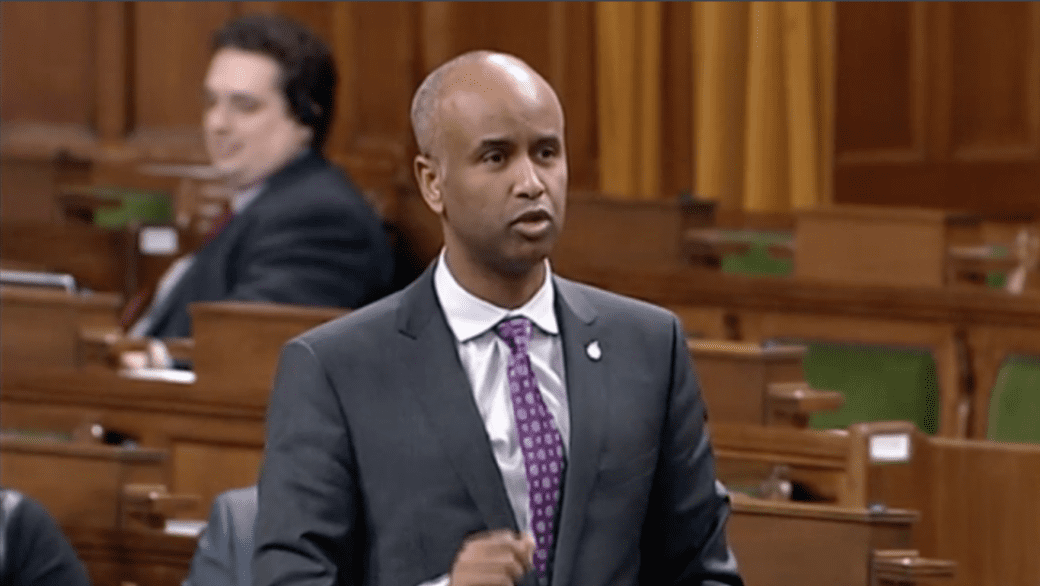The Trudeau government is under increasing pressure to explain why it started turning away LGBT Iranian refugees during the Syrian airlift, ending a program that resettled hundreds of persecuted Iranians through the United Nations High Commissioner for Refugees (UNHCR).
“Why has the government ended the practice of prioritizing persecuted Iranian LGBT [people] as refugees to Canada?” asked Conservative MP Michelle Rempel during question period on Feb 10, 2017.
Immigration Minister Ahmed Hussen touted his government’s intake of Syrian refugees and stressed its commitment to queer and trans refugees.
“We take seriously our refugee commitment to make sure that it is compassionate and focused on the most vulnerable people,” Hussen said. “We work very closely with the UN’s refugee agency and private sponsors to continue to identify the most vulnerable; and that obviously includes members of the LGBTQ2 community.”
Rempel, who is the Conservative Party’s immigration critic, pushed back, noting that queer Iranians are tortured and executed under the country’s laws.
“The minister did not answer the question,” Rempel said. “The minister used the talking point of 25,000 Syrian refugees. I’m talking about the practice of allowing and prioritizing Iranian LGBT refugees coming to Canada. Why are the Liberals turning their back on the most vulnerable? No talking points, please.”
Hussen shot back: “We will take no lessons from the previous government, when it comes to identifying and welcoming and being compassionate to those most vulnerable, as well as refugees in need of resettlement.”
The exchange comes as MPs express confusion after an Xtra investigation revealed that the federal government had effectively ended a 2010 program in which Canada resettled hundreds of Iranians from Turkey fleeing persecution on the grounds of sexual orientation and gender identity.
Weekly arrivals gradually slowed in late 2015, and by 2016 the UNHCR started referring these Iranians to the United States, which has now barred Iranians from entry following President Donald Trump’s executive order on several predominantly Muslim countries.
Though a US federal court has temporarily suspended the ban, it’s unclear whether the US government has resumed processing new or incomplete refugee claims.
Meanwhile, Canadian officials said they had too many Syrian cases to process and suggested activists privately sponsor these refugees, a costly process that takes much longer. That’s led Liberal MP Ali Ehsassi to ask that longtime Toronto activists explain the problem to Parliament.
“They can come here and shed light on this, and if need be make additions,” Ehsassi told Xtra on Feb 9. “For refugees in Turkey, it’s horrid; it’s terrible.”

 Why you can trust Xtra
Why you can trust Xtra


